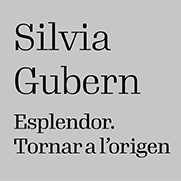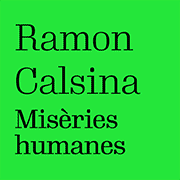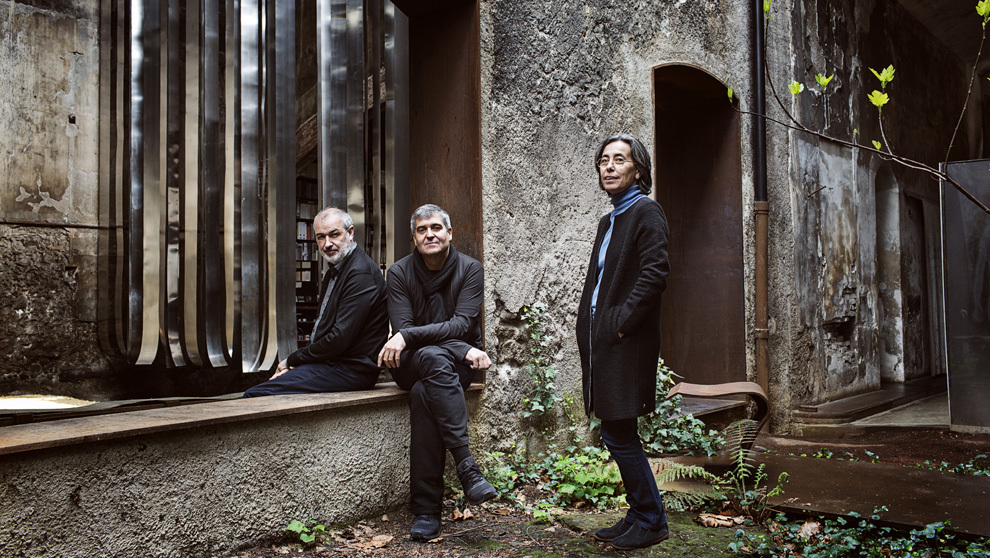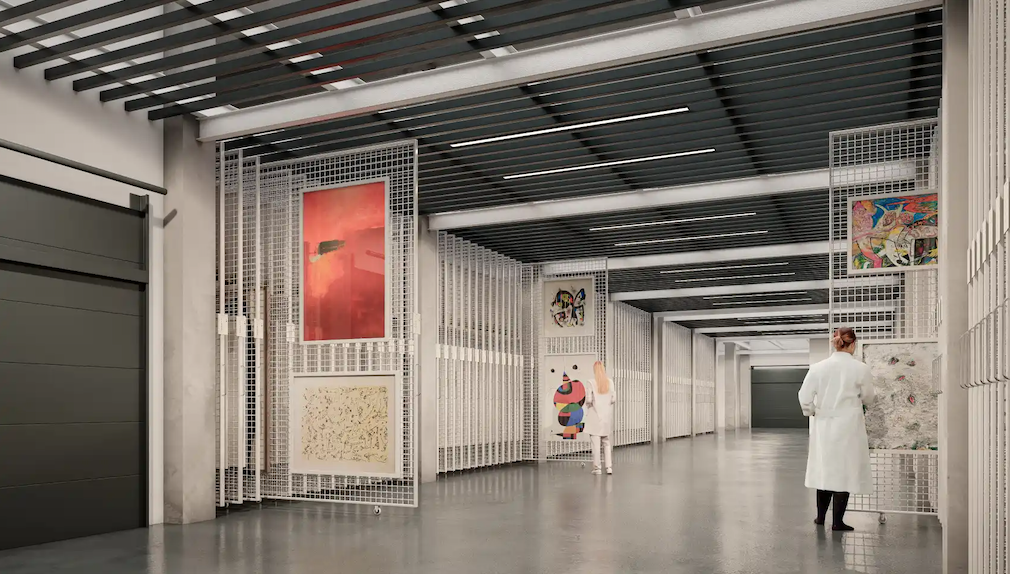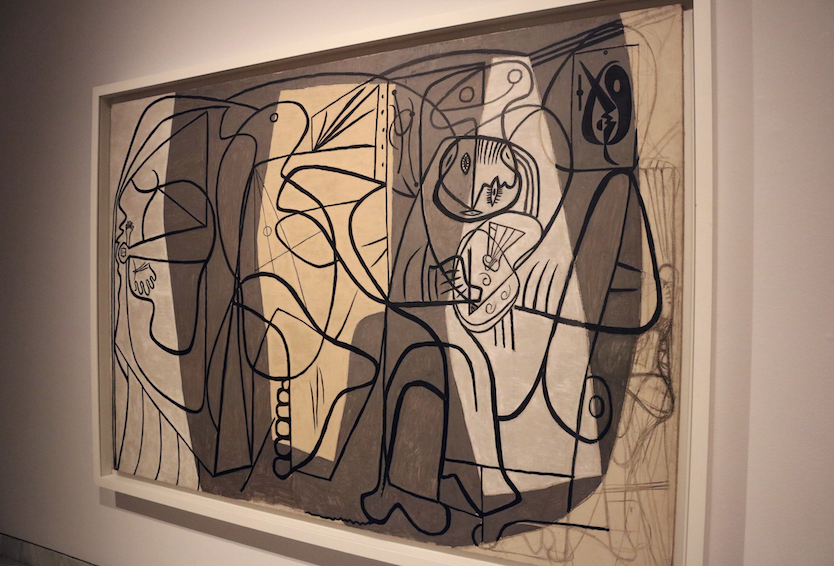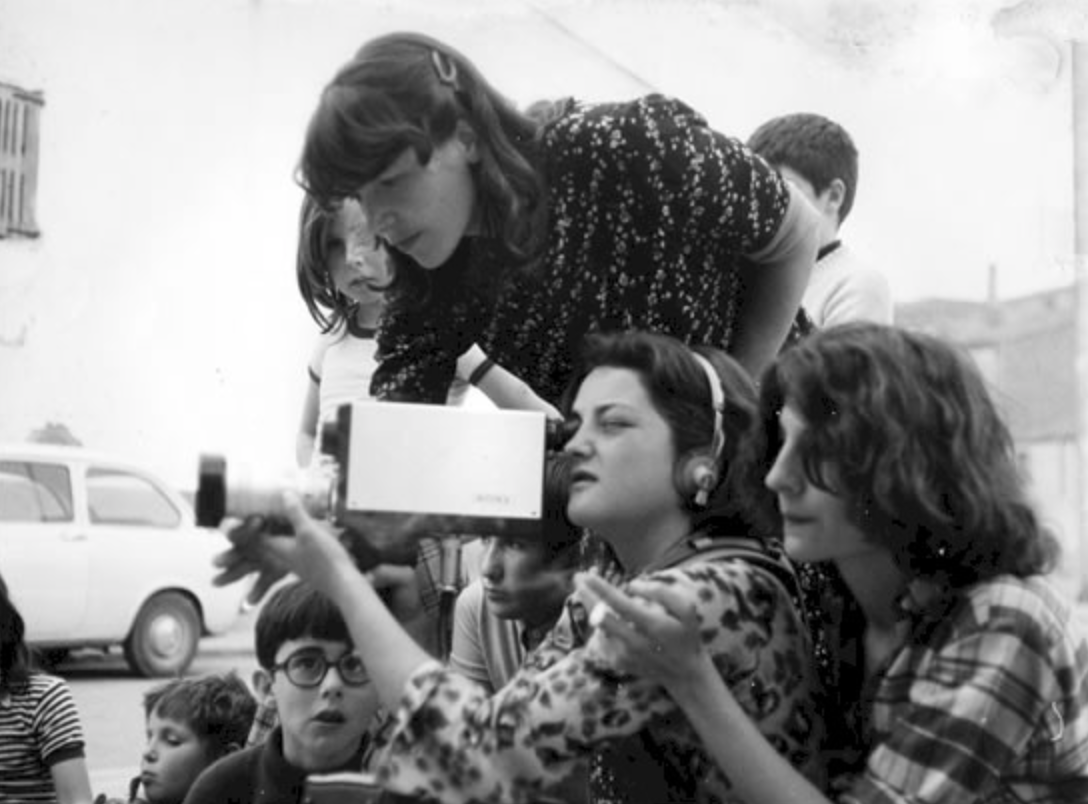Opinion
Enric Mauri, expanded painting
Maurí infiltrates entangled problems such as technological obsolescence, precarious urban camps or the aesthetic control of bodies on the internet, in an attempt to activate intimate rebellions against the disorienting economic powers that dominate this stage of human history
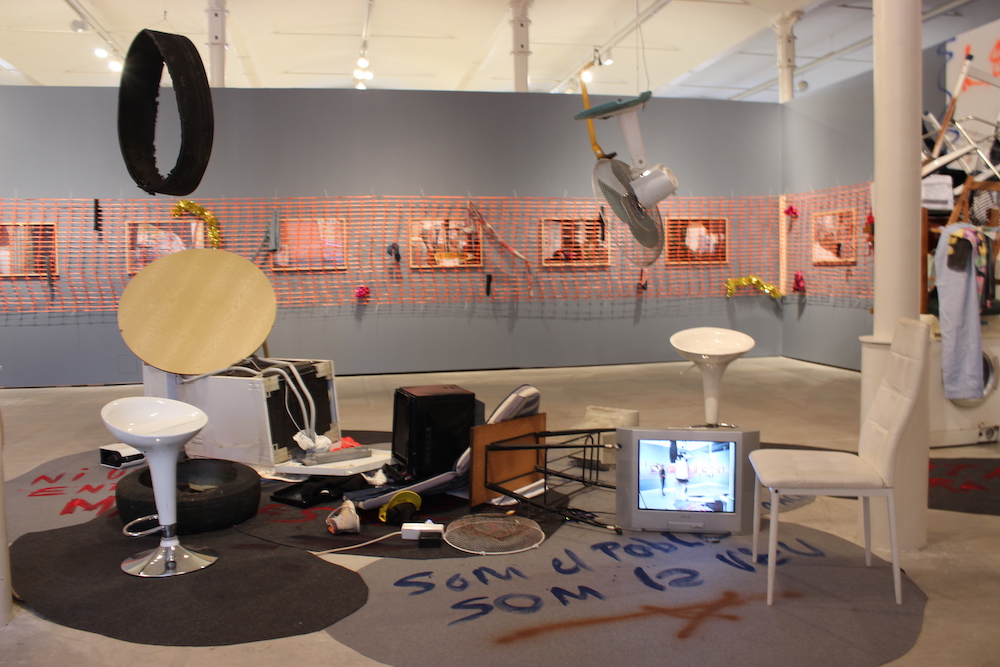
In this country there are long-distance artists with a trajectory that is sustained in consistent radicalism without yet receiving the recognition they deserve. It is not easy to do this in an art world that is often too complacent with an unclear and committed way of saying, just the right thing to show without offending anyone. Since I've been following Enric Mauri, I've never seen him do anything like this and his latest exhibition at Tecla Sala, curated by Teresa Blanch, did not disappoint. Photographs taken during his residency in Berlin, installation, performance, banners and above all a deeply critical way of looking at this delirious capitalism that collapses lives and is pure plastic debris, the world is a garbage dump and it doesn't matter if they are left objects as if bodies are left. Fences, more fences and crevices, through which life is schooled, which is what life does, to resist. His are conceptually very compact exhibitions, representations of landscapes of collapse, of dirt, where an ecological awareness and a social critique of rampant consumerism appear repeatedly.
In Maurí's work, painting occupies an important place, a painting that he often uses intelligently to sew the most objective or scenographic pieces and where he can incorporate the poetic and vindictive text. Expanded painting and found doodles that in this new exhibition comes close to political graffiti in a gigantic mural that gives skin and body to a space refilled with other found objects, all the rubbish that Mauri has been collecting around his house for years his
Our lives matter, let's say it out loud. The lives of all people banished to homelessness, marginalized, precarious, matter. This is what Maurí's latest proposals are about, to put it plainly. And then we can talk about aesthetics, Povera genealogies, body art, the sign of the times and dystopian realism.


